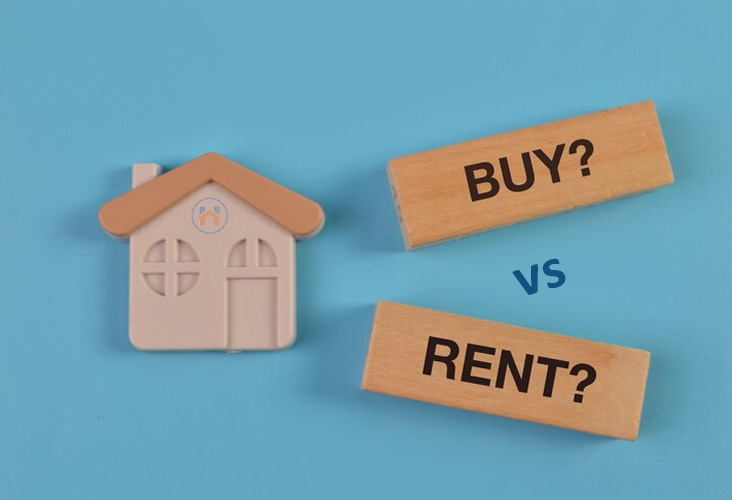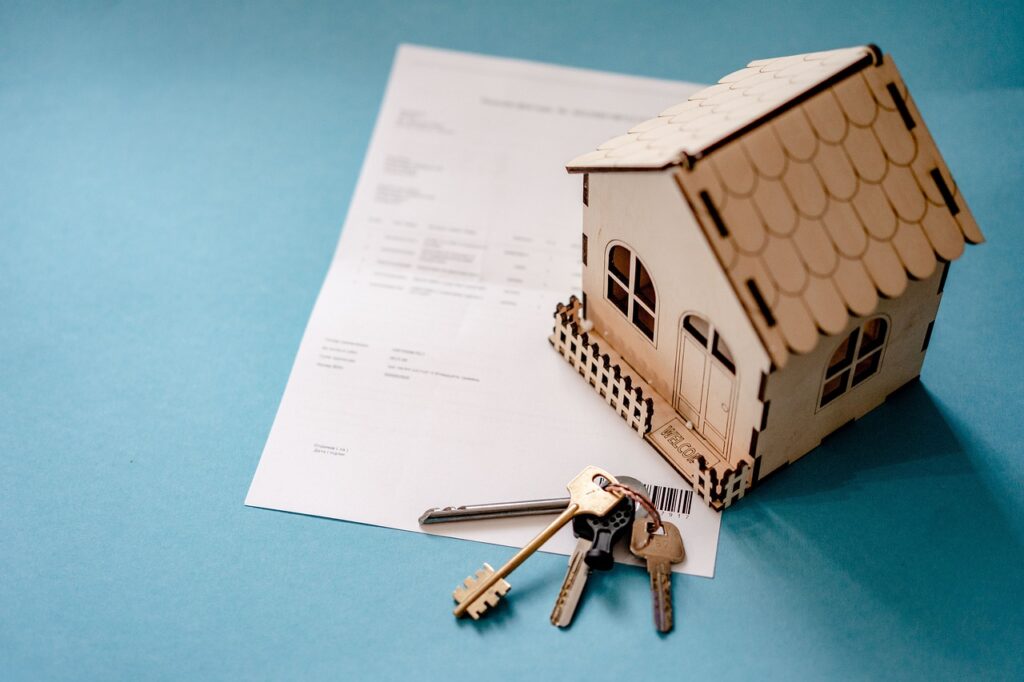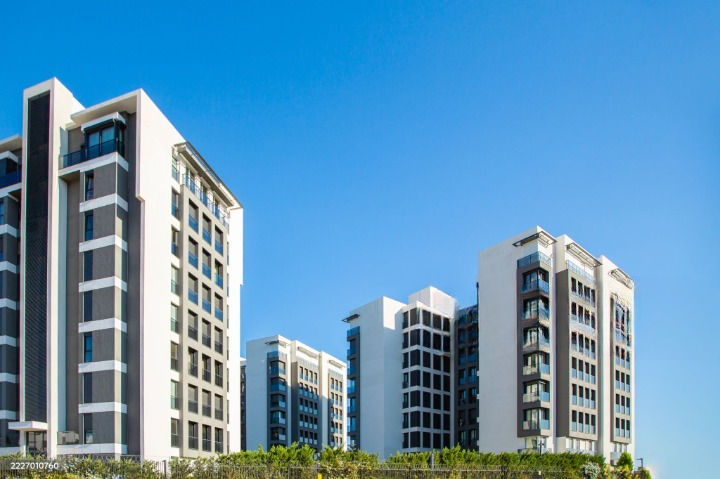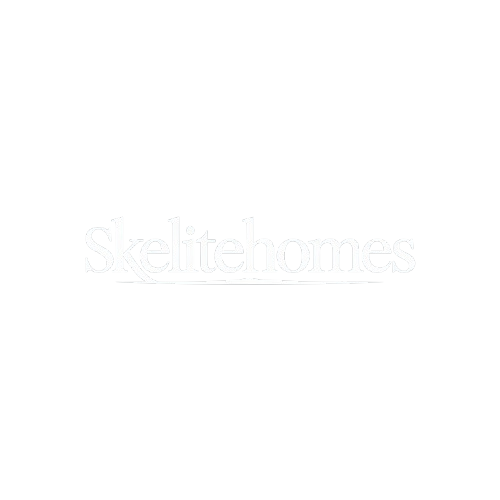
Renting vs. Buying in 2025: What’s Right for You?
It’s the age-old question: should you rent or buy? The answer depends on your goals, finances, and where you are in life. Skelite Homes can help you weigh the pros and cons.
Benefits of Buying:
- Builds equity over time
- Greater stability and customization
- Long-term investment potential
Benefits of Renting:
- Flexibility for moving or job changes
- Fewer maintenance responsibilities
- Lower upfront costs
Use our affordability calculator or talk to a Skelite Homes advisor to determine what makes sense for you in today’s market.
In 2025, the real estate market continues to transform, making the decision between renting vs buying in 2025: what’s right for you? more challenging than ever. With fluctuating property prices, rising interest rates, and changing lifestyle preferences, deciding whether to rent or buy a home isn’t as simple as it once was.
This article explores the pros and cons of both options, examines current market trends, and helps you make an informed decision about “Renting vs. Buying in 2025: What’s Right for You?”
1. The Real Estate Landscape in 2025
Before choosing between renting and buying, it’s important to understand the “Renting vs. Buying in 2025: What’s Right for You?” in the market Remote work trends, urban migration patterns, and rising demand for suburban housing have all reshaped property dynamics.
Key insights:
- Property prices remain high in metropolitan areas but are more affordable in emerging suburbs.
- Mortgage rates are slightly unpredictable compared to past years.
- Lifestyle choices are driving decisions — many younger buyers prioritize flexibility.
- Investment potential remains strong, as real estate continues to offer steady returns.
With these factors in mind, deciding between renting vs buying in 2025: what’s right for you? depends largely on your financial stability, career plans, and lifestyle goals.

2. Advantages of Renting a Home in 2025
For many individuals, renting remains an appealing choice in 2025. It offers flexibility, lower upfront costs, and fewer responsibilities.
a) Lower Initial Costs
Renting usually requires just a security deposit and the first month’s rent, making it a budget-friendly option for those not ready for a major financial commitment in “Renting vs. Buying in 2025: What’s Right for You?”.
b) Greater Flexibility
If your career or lifestyle requires frequent relocation, renting provides freedom to move without worrying about selling a property.
c) No Maintenance Worries
As a tenant, you’re not responsible for repairs or property upkeep. Most landlords cover these expenses, saving you both time and money.
d) Access to Prime Locations
In major cities, renting allows you to enjoy premium locations where buying might be financially out of reach.
3. Disadvantages of “Renting vs. Buying in 2025: What’s Right for You?”
Despite its advantages, renting also comes with drawbacks:
- No ownership benefits — your payments don’t build equity.
- Unpredictable rent hikes — landlords can increase rent, impacting your budget.
- Limited stability — “Renting vs. Buying in 2025: What’s Right for You?” Lease terms and landlord decisions can affect your living situation.
Renting works best if flexibility and lower costs are your top priorities, but it may not be ideal for long-term wealth building.

4. Advantages of Buying a Home in 2025
“Renting vs. Buying in 2025: What’s Right for You?” Buying a home remains a smart investment for many in 2025, especially for those seeking stability and long-term growth.
a) Building Equity Over Time
Unlike renting, each mortgage payment contributes to property ownership. Over time, your home’s value can appreciate, creating wealth and financial security.
b) Long-Term Stability
Buying ensures stable monthly mortgage payments and eliminates the risk of unexpected rent hikes.
c) Tax Benefits
Homeowners enjoy tax deductions on mortgage interest and property taxes, making ownership more financially rewarding.
d) Investment Opportunities
Real estate continues to be one of the most reliable long-term investments in 2025, offering better returns than many other asset classes.
5. Disadvantages of Buying in 2025
However, buying isn’t without challenges:
- High upfront costs — down payments, registration, and closing fees can be significant.
- Long-term commitments — mortgages can tie you down financially for years.
- Maintenance responsibilities — homeowners bear all repair and upkeep costs.
- Market risks — property values can rise, but they can also decline in some areas.
6. Renting vs Buying in 2025: What’s Right for You?
To decide whether renting vs buying in 2025: what’s right for you?, you need to evaluate your personal and financial goals.
Here’s a quick comparison:
| Aspect | Renting | Buying |
|---|---|---|
| Initial Cost | Low | High |
| Flexibility | High | Low |
| Ownership | None | Full over time |
| Monthly Costs | Predictable but rising | Fixed mortgage payments |
| Investment | No | Yes |
| Maintenance | Landlord handles it | Owner’s responsibility |
If you value freedom and low commitment, renting makes sense. If your goal is wealth building and long-term security, buying is the smarter choice.
7. Tips for Making the Right Choice
- Assess your finances — savings, income, and debt levels.
- Consider your lifestyle — are you settled or planning to move often?
- Study local markets — compare property prices and rental rates in your area.
- Think long-term — align your decision with future plans and investment goals.
Conclusion
When it comes to renting vs buying in 2025: what’s right for you?, there’s no one-size-fits-all answer. Renting offers flexibility and lower upfront costs, while buying provides stability, equity, and long-term financial benefits.
To make the right decision, carefully assess your budget, lifestyle, and future plans. Whether you choose to rent or buy, staying informed about real estate trends will help you make a smarter move in 2025.




